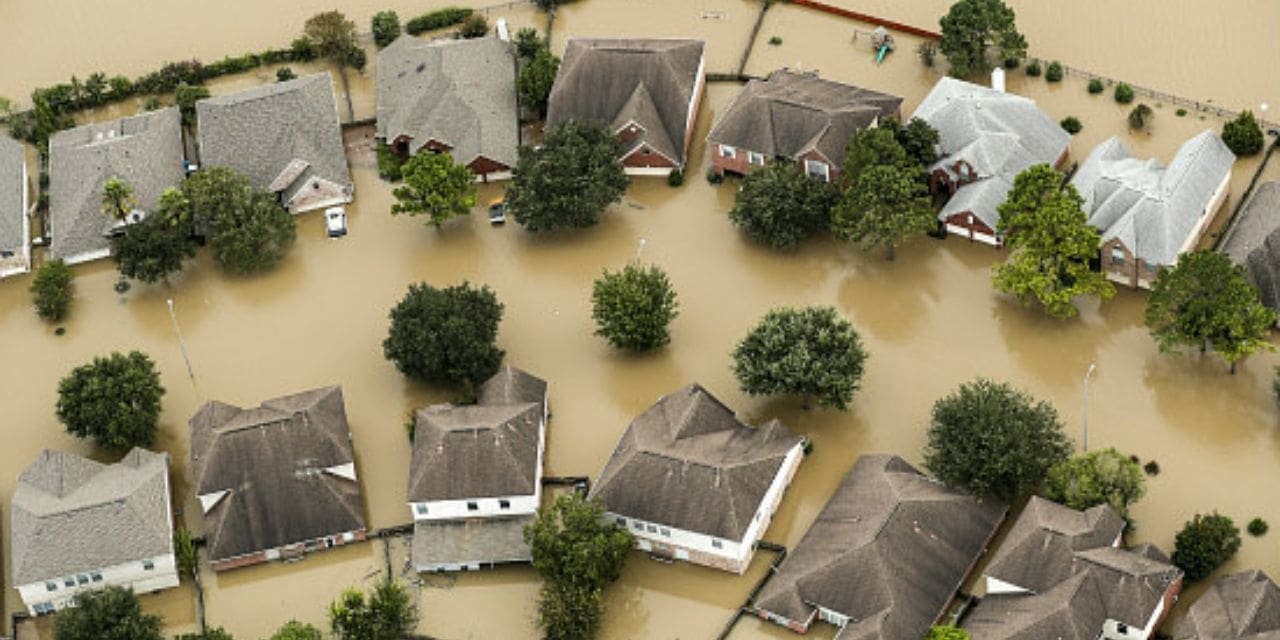Introduction
Flood insurance is a critical component of protecting your assets, especially in an era of unpredictable weather patterns. However, numerous myths surround flood insurance, causing confusion and potentially leaving homeowners vulnerable. This article aims to debunk these myths, providing clear and accurate information to help you make informed decisions about flood insurance.
Myth 1: Homeowners Insurance Covers Flood Damage
One of the most common misconceptions is that standard homeowners insurance policies cover flood damage. This is not the case. Flood damage is typically excluded from standard policies, necessitating the need for a separate flood insurance policy.
The Importance of Separate Coverage
To protect your home from flood damage, it’s essential to purchase a separate flood insurance policy. This policy provides specialized coverage specifically for damages caused by flooding.
Myth 2: Flood Insurance is Only for High-Risk Areas
Many people believe that flood insurance is necessary only for those living in designated high-risk flood zones. However, floods can happen anywhere and often occur outside of these high-risk areas.
Coverage for All Areas
Over 20% of flood claims come from properties outside high-risk flood zones. Therefore, it’s prudent for homeowners in various locations to consider flood insurance, not just those in flood-prone areas.
Myth 3: Flood Insurance is Too Expensive
Another common myth is that flood insurance is prohibitively expensive. While the cost of flood insurance varies based on risk and location, there are often affordable options available.
Evaluating Costs and Risks
It’s important to weigh the cost of flood insurance against the potential financial impact of a flood. In many cases, the cost of not having flood insurance can be significantly higher.
Myth 4: Only Homeowners Can Get Flood Insurance
Flood insurance is often thought to be available exclusively to homeowners. In reality, renters and business owners can also purchase flood insurance to protect their belongings and commercial properties.
Broader Eligibility
Renters can obtain flood insurance to cover their personal property, and business owners can secure policies to protect their business assets and premises.
Myth 5: Small Floods Don’t Cause Much Damage
Some underestimate the impact of minor flooding, believing that it doesn’t cause significant damage. However, even a few inches of water can result in substantial repair costs.
The Reality of Flood Damage
Small floods can damage flooring, walls, furniture, and electrical systems. The cost of repairs and replacements can quickly escalate, underscoring the importance of having flood insurance.
Myth 6: Flood Insurance Immediately Takes Effect
A prevalent myth is that flood insurance provides immediate coverage. However, there is usually a 30-day waiting period from the date of purchase before the policy becomes effective.
Planning Ahead
It’s crucial to plan and purchase flood insurance well in advance, especially during seasons prone to flooding. Waiting until a flood is imminent could leave you unprotected.
Myth 7: Government Disaster Assistance is Sufficient
Many believe that federal disaster assistance is a viable alternative to flood insurance. However, government aid is often a loan that must be repaid, and it’s only available when a disaster is federally declared.
The Limitations of Disaster Assistance
Relying solely on government disaster assistance is risky. Flood insurance offers a more reliable and comprehensive safety net for recovering from flood damage.
Conclusion
Debunking these myths about flood insurance is vital in understanding how to adequately protect your home and assets. Flood insurance is an essential consideration for homeowners, renters, and business owners alike, providing a crucial layer of financial protection against the unpredictable and often devastating impact of floods. By dispelling misconceptions and gaining a clear understanding of what flood insurance offers, you can make informed decisions to safeguard your property against one of nature’s most common hazards. Remember, when it comes to flood protection, it’s better to be proactive rather than reactive.

